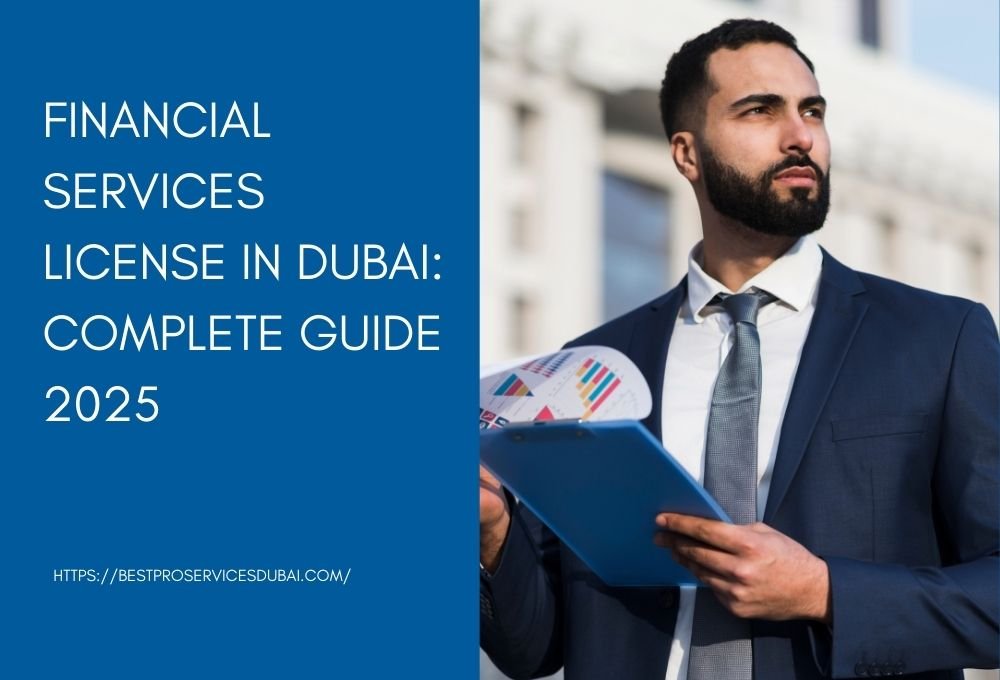The Ultimate Guide to Trade License Renewal in Dubai (2025 Update)
The Ultimate Guide to Trade License Renewal in Dubai (2025 Update) Renewing your trade license in Dubai is not just a formality — it’s a legal requirement to keep your business compliant with UAE regulations. Whether you operate on the mainland under the Department of Economic Development (DED) or in a Dubai free zone (DMCC, IFZA, JAFZA, RAKEZ, Meydan, SHAMS, DAFZA), timely renewal helps you avoid fines, blacklisting, or business suspension. In this 2025 updated guide, we’ll cover: Required documents for renewal Step-by-step renewal process Renewal costs & government fees Differences between mainland & free zone license renewal Grace period & penalties for late renewal How PRO services in Dubai can make the process seamless Why Trade License Renewal in Dubai is Crucial Legal Compliance → Operating without a valid license can lead to fines or blacklisting. Business Continuity → Bank accounts, visas, and contracts may be blocked if license expires. Investor Protection → Shows credibility to clients, partners, and government entities. Key Entity Mentions: DED Dubai, Dubai Municipality, Dubai Chamber, Free Zone Authorities. Documents Required for Dubai Trade License Renewal Before submitting, prepare these: Copy of Current License – proof of existing business registration. Ejari Certificate – mandatory for mainland companies. Valid Lease Agreement – must match Ejari details and be valid for at least one month. BR/1 Form – signed by all shareholders/partners. Passport Copies of Partners/Shareholders. Visa Copies (if applicable) – for residents. External Approvals – from Dubai Municipality, DHA, or other authorities for specific industries (e.g., food, health). Tip: Incomplete documents = delays. Always verify before submission. Step-by-Step Process: How to Renew a Trade License in Dubai (2025) Verify Ejari & Lease – Must be valid and registered. Collect Documents – License copy, Ejari, BR/1, passports, visas. Fill & Sign BR/1 Form – All partners must sign. Submit Application – Online via DED portal, DED mobile app, or at a service center. Pay Renewal Fees – Includes government fees, name fees, and activity-based charges. Download Renewed License – Available within 1–3 working days. Auto-renewal option (DED) → Send your expired license number by SMS to 6969, receive a payment link, and complete the process online. Trade License Renewal Cost in Dubai (2025) Costs vary by license type, activity, and location. Below is an updated fee breakdown: Fee Component Approx. Cost (AED) License Registration Fee 10 Knowledge Dirham Fee 10 Innovation Dirham Fee 10 Advertisement Fee 350 Service Request Form 50 Foreign Trade Name (if applicable) 1,000 – 3,000 General Trading License 10,000 – 15,000 Construction Activities 10,000 Business Centre Fee (optional) 25,000 Dubai Chamber Fees 300 Always check latest DED or free zone authority rates as they may change annually. Mainland vs Free Zone Trade License Renewal Mainland (DED License) Requires Ejari Certificate May involve site inspections Regulated by DED Dubai Free Zone (DMCC, JAFZA, IFZA, RAKEZ, SHAMS, Meydan, DAFZA) Handled by respective free zone authority May require Good Standing Certificate / NOC No Ejari required (office lease within free zone counts) Tip: Free zones offer simplified online renewal, but costs vary depending on package. Grace Period & Penalties for Late Renewal Grace Period: Mainland companies get 30 days after expiry. Free zones may differ. Penalties: AED 5,000 fine for operating without a license. AED 250 per month for late renewal. Blocklisting risk → visas, contracts & accounts frozen. Company termination if non-compliance continues. Role of PRO Services in Trade License Renewal Hiring PRO services in Dubai ensures: Correct document preparation (Ejari, BR/1, approvals). Fast processing with DED or free zone authority. Reminder service for next renewal. Saves time, avoids fines & rejection. Entities to Mention: PRO services Dubai, business setup UAE, investor visa assistance, corporate sponsorship. FAQs Q1. Can I renew my Dubai trade license online?Yes. Use the DED portal, mobile app, or SMS auto-renewal system. Q2. What happens if I miss the grace period?You’ll face fines, risk blocklisting, and possible company closure. Q3. How much does renewal cost in Dubai?AED 6,000 – AED 15,000 typically, depending on activity & location. Q4. Do free zone companies follow the same process?No, each free zone (DMCC, IFZA, JAFZA, RAKEZ, SHAMS) has its own rules. Q5. Is Ejari required for free zone renewal?No, Ejari applies only to mainland companies under DED. Conclusion Renewing your Dubai trade license is the key to staying legally compliant, avoiding costly penalties, and ensuring business continuity. Whether you operate in the mainland or a free zone, start early, keep your Ejari updated, and prepare documents correctly. If you’re unsure, let professional PRO services in Dubai handle the entire process. This way, you save time, avoid mistakes, and ensure smooth operations. Stay compliant. Renew on time. Keep your Dubai business thriving in 2025.
The Ultimate Guide to Trade License Renewal in Dubai (2025 Update) Read More »


